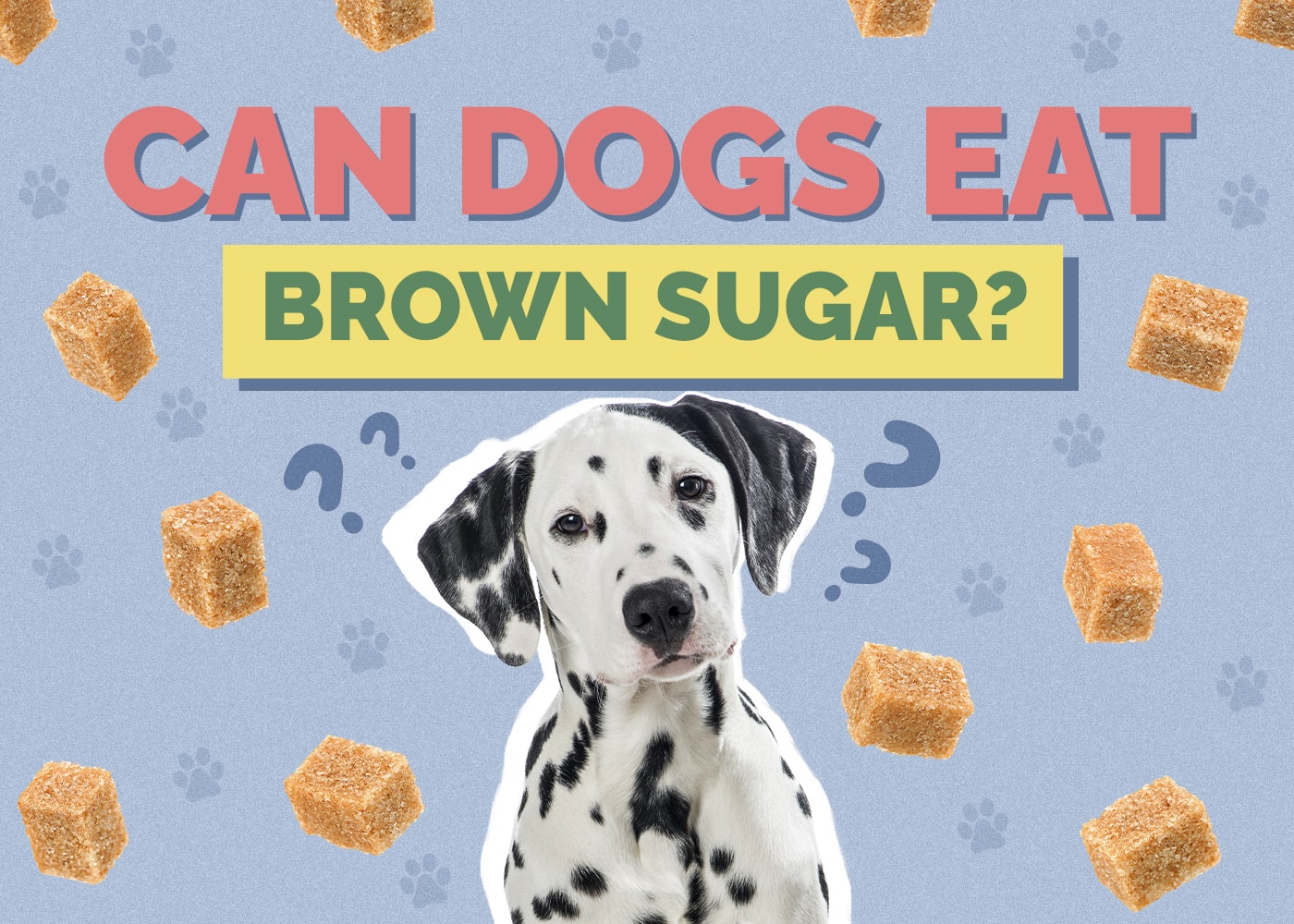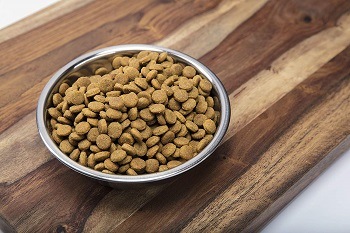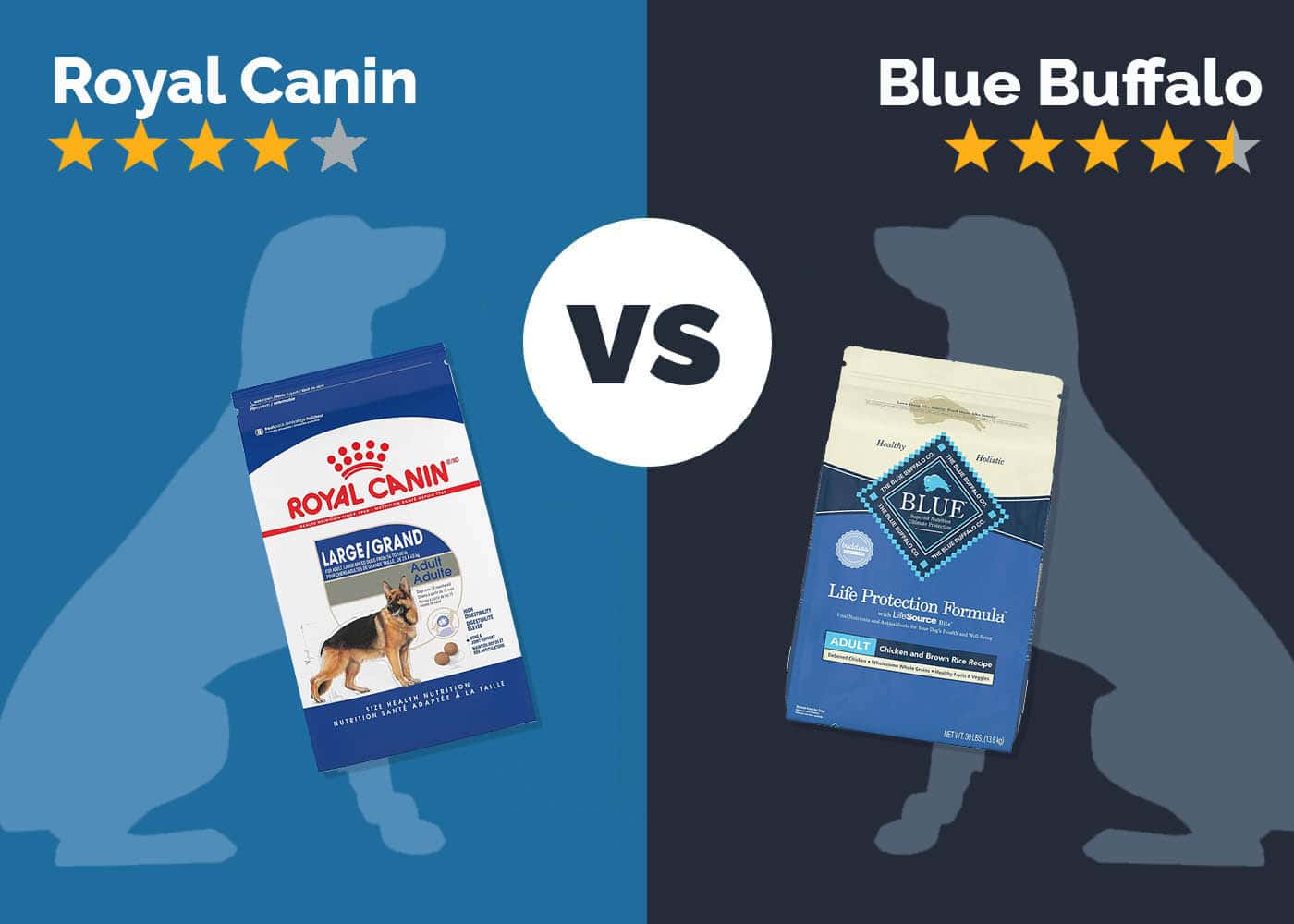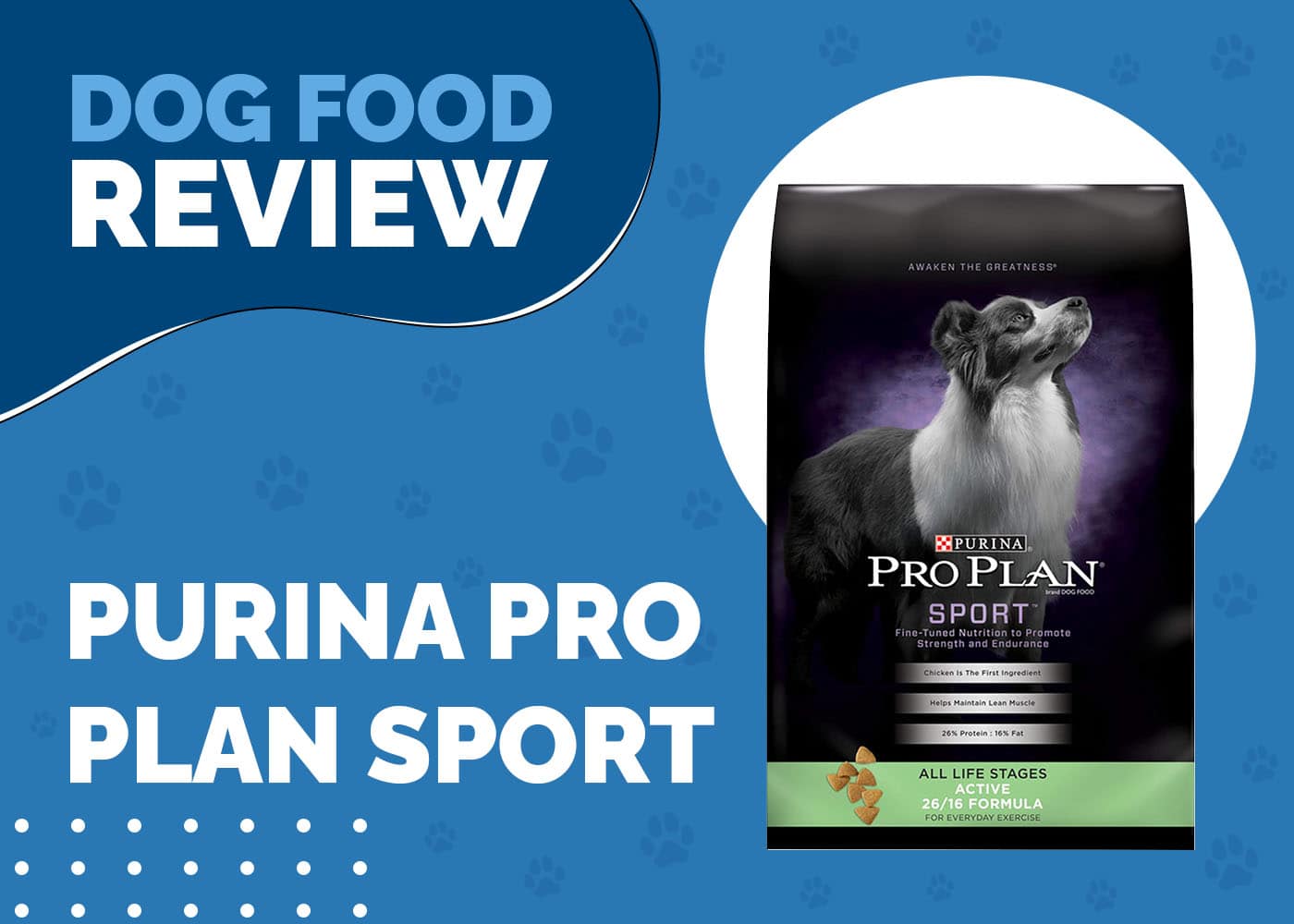Can Dogs Eat Brown Sugar? Health Facts & Safety Guide
By Oliver Jones
Updated on

When we try to make better food decisions for our health, there are plenty of alternatives for us, such as brown sugar instead of white sugar. It is well known among dog owners that dogs shouldn’t have a lot of sugar, but can they eat brown sugar? This is a big NO, dogs shouldn’t be fed any brown sugar. While it’s not toxic to dogs, brown sugar in large amounts can lead to weight gain and other health issues. A small amount will likely be ok, but continually feeding your dog brown sugar can be detrimental.
White Sugar vs. Brown Sugar
Unfortunately, the perception that brown sugar is healthier than white is actually untrue, as there is very little difference between the two. Brown sugar is often marketed as healthier or more natural, which may convince you that it is better for you and your dog. Brown sugar and white sugar are both sucrose, which goes through a refining process that includes removing the molasses. The difference between the two is that at the end of the refining process, the molasses is added back to brown sugar, giving it its unique flavor and brown color. This means that brown sugar is essentially white sugar with the addition of molasses; at the end of the day, neither is good for your dog.
Is Brown Sugar Bad for Dogs?
Brown sugar does not provide any benefits to your dog’s diet. Although not toxic, it is still unhealthy and should not be given to dogs. If your dog eats sugar frequently, whether it is granulated sugar or treats made with sugar, over a long period, it may lead to obesity, metabolic changes, or even pancreatitis.

Can Brown Sugar Make Your Dog Sick
If your dog manages to lick a little brown sugar off the floor, or sneaks a bite of your sugary treat, they are highly unlikely to experience any issues. However, if you are unsure how much brown sugar your dog has consumed, or if you think they have eaten a considerable amount, you should contact your vet for advice.
If your dog consumes a large amount of sugar in one sitting, it can cause diarrhea and vomiting. However, if they eat it frequently, it can cause weight gain, digestive issues, pancreatic inflammation (pancreatitis), and, in rare cases, weakening of tooth enamel.
What to do If Your Dog Eats Too Much Brown Sugar?
If your dog has managed to eat a large amount of brown sugar, it could lead to pancreatic inflammation. How much is too much will depend on the size, age, and health of your dog. Signs of pancreatitis include vomiting, inappetence, pain, and lethargy within 48 hours, but it’s best to get your dog to the veterinarian as soon as possible.
Ensure your dog stays hydrated, and try to determine just how much sugar it ingested so that you have as much available information for your vet.
How to Recognize Names That Brown Sugar May Be Listed As
We all know that our dogs should not be fed diets high in sugar, but sometimes foods “hide” the sugar by referring to it as different things, but they all essentially boil down to being sugar.
- Corn syrup
- Molasses
- Fructose
- Sucrose
- Sorbitol
- Honey
- Caramel
- Beet pulp

Sweet Alternatives for Your Dog
Dogs don’t need sugary snacks (but then again, neither do we!). However, if you think your doggo needs a sweet treat, consider offering some nutritious fruits. Numerous fruits naturally contain sugar, and some are healthy for dogs to eat in moderation. Only 10% of your dog’s overall diet should be treats, while the remaining 90% should be high-quality, nutritious dog food.
- Apples (core removed)
- Pears
- Blueberries
- Bananas
- Peaches
- Bell peppers
- Sweet Potato
Dangerous Sweeteners
Although sugar isn’t toxic to dogs, there are some real risks in other sweet ingredients. The two main offenders are Xylitol and Chocolate.
Xylitol is an artificial sweetener that is sometimes used in products claiming to be “sugar free”. Even in very small amounts, xylitol can be fatal to dogs in two ways:
- mimicking an increase in blood sugar, triggering the body to release insulin which pushes glucose out of the bloodstream and into the cells. Because there is no actual increase in glucose, this causes a dangerous drop in blood sugar, resulting in seizures, coma and death.
- causing irreversible liver damage and liver failure.
Chocolate contains caffeine (which can be dangerous at high levels) and theobromine, which can have effects on the cardiovascular, respiratory, and nervous system in dogs, and also have a diuretic effect, which may lead to dehydration. The toxic dose of theobromine is dependent on the weight of the dog, and the concentration of theobromine, which varies between different types of chocolate.
- White chocolate contains virtually no theobromine, milk chocolate a moderate amount, and the concentration of theobromine increases with the cocoa content of dark chocolate.
- For example, a 100g piece of milk chocolate will have no toxic effect on a 50lb dog, but the same amount of dark chocolate can have serious effects, and requires emergency veterinary treatment.
Final Thoughts
Dogs should not eat brown sugar. While it is not toxic, feeding them brown sugar in large portions or for long periods can make them sick and cause long-term health issues. We understand it may be hard to say no to your dog’s begging attempts, but you are doing the best thing for them by saying no and keeping sugar out of their diet. If you want to give your dog a sweet treat, there are plenty of healthy options such as blueberries, apples, or pears.
Remember to look out for hidden sugars, and, perhaps more importantly, the dangers of sweet ingredients like xylitol and chocolate in human treats.
See Also:
- Can Dogs Eat Arugula? Vet-Reviewed Nutrition Facts & FAQ
- Can Dogs Eat Curry? Vet-Reviewed Nutrition Facts & FAQ
Featured Image Credit: Hepper.com













